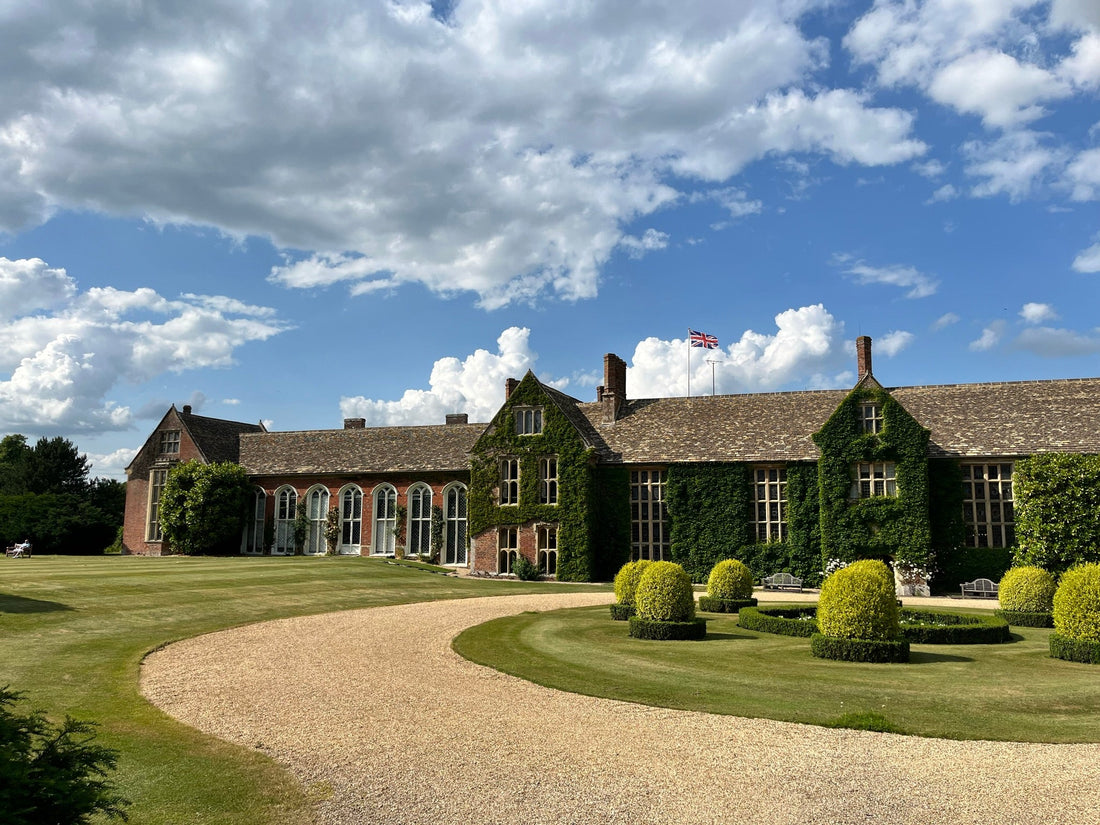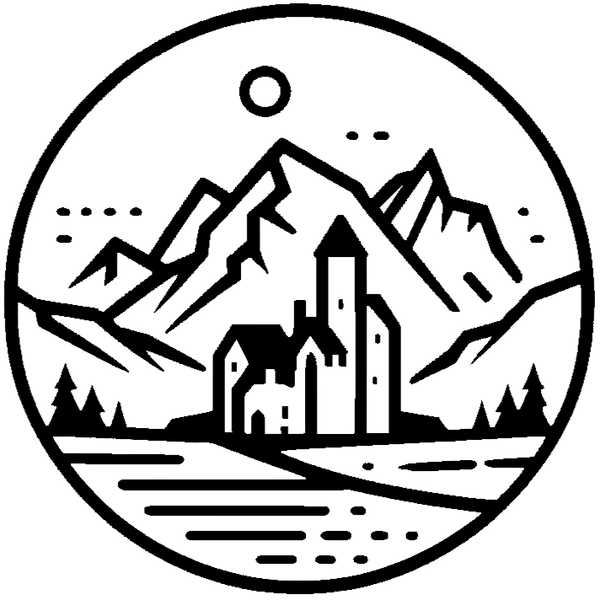
Honoring the Fallen at Littlecote Manor
They stood under a peaceful sky, but their hearts carried the weight of war.
On Sunday, August 28, 1944, in the serene countryside of Wiltshire, England, the men of the 506th Parachute Infantry Regiment gathered on the lawns of Littlecote Manor. It was a formal memorial service—a rare pause in the rhythm of war—to honor the 414 comrades they had lost in Normandy.

Littlecote Manor, a sprawling English estate near Chilton Foliat, served as the regimental headquarters. It was a place of planning, training, and anticipation. But that morning, it became a place of remembrance. The men were dressed in their class-A uniforms. Some groused at first—it was their day off, after all. But that was just talk. When it mattered, they stood tall.
The field before the manor filled with more than 2,000 soldiers. They lined up in formation. A band played the "Dead March," slow and solemn. As Chaplain George McGee stepped forward, the air grew still. His voice carried words that reminded them why they fought, and for whom.
Then came the regimental prayer. Written by Lieutenant James G. Morton, it was not a cry for peace but a plea for strength:
"Almighty God, we kneel to thee and ask to be the instrument of thy fury in smiting the evil forces..."
Morton knew his audience. Paratroopers were not strangers to fear or fury. This prayer resonated.

General Maxwell Taylor spoke next. His words, earnest and grave, were lost to the sound of C-47s roaring overhead. And then came the names. Four hundred fourteen. One by one. Each name belonged to someone who had laughed with them, trained with them, jumped with them. Someone who didn't come back.
"You train to kill and avoid being killed," one soldier later recalled. "But not what to do when someone you know gets killed."
When the final name—a private whose last name began with Z—was read, the regiment stood in still silence. Then came the call: "Battalion, attention." Boots clicked. Hands snapped to sides. The band struck up "Onward, Christian Soldiers." One by one, the battalions marched off the field.
They left behind no grave, no headstone. But in that field, under those great white summer clouds, they left a memory that would not fade.

Want stories like this delivered to your inbox? Sign up for our newsletter: https://tr.ee/8jwzTB
Sources: Band of Brothers by Stephen Ambrose, Easy Company Soldier, Parachute Infantry
Photo credits: U.S. Army Signal Corps, James Skeffington, Unsplash
Plan your visit: Buy the Band of Brothers Travel Guide on Amazon.
